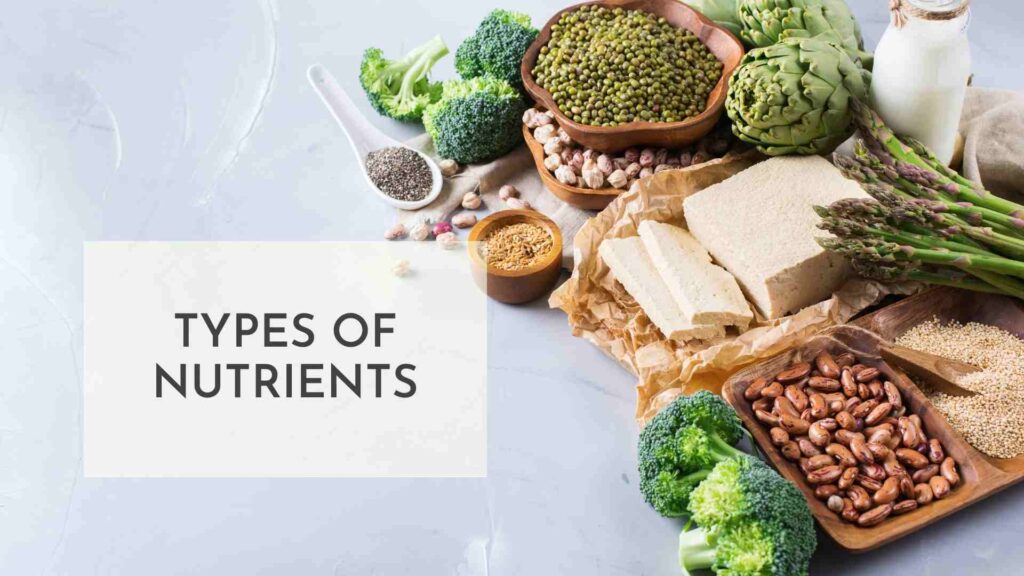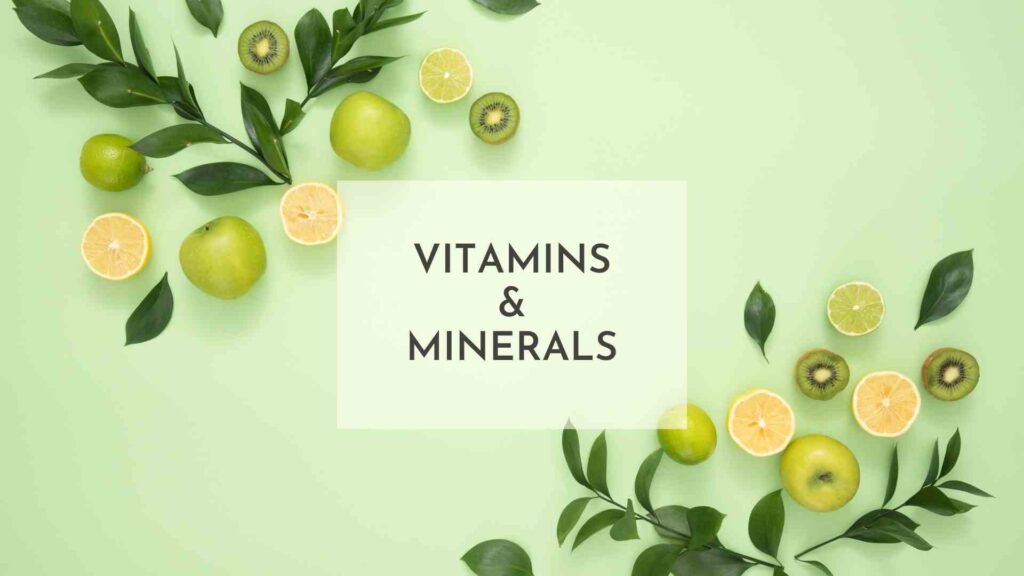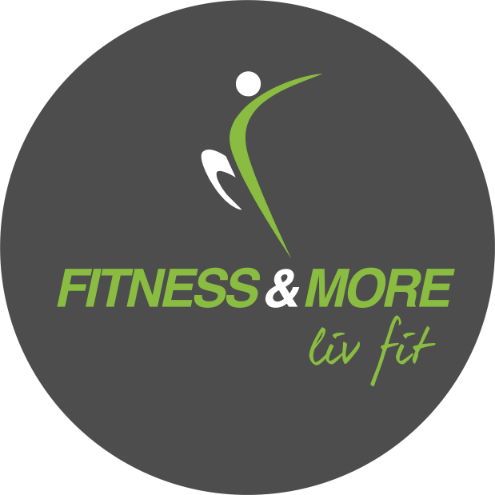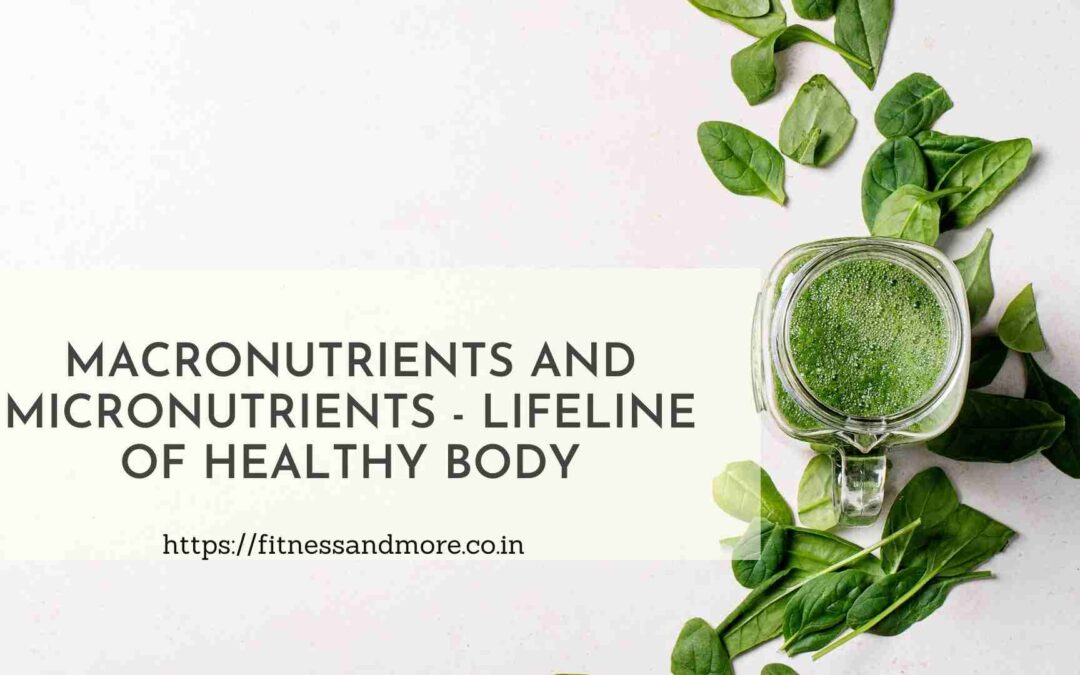As we all know there is petrol, diesel and gasoline for automotive and aviation but on what we as humans are being run on. What is our fuel?
Imagine what happens when our fuel gets over or put in the wrong fuel to the body?
Just like automobiles even our body upon receiving the wrong fuel falters in functioning properly.
This article is about those fuels that are known as macronutrients and micronutrients. Knowing about these will help us a great deal in attaining good and stable health.
Now let’s see what are these, their functions, sources and what happens if there is a deficiency.

WHAT ARE MACRONUTRIENTS?
The term macronutrient simply refers to a nutrient that is required in high amounts for normal development and growth. Macronutrients are a source of calories, or energy, for the body’s metabolic activities. All macronutrients are obtained through the diet as the body can’t produce them on its own.
LIST OF MACRONUTRIENTS
- Carbohydrates
Role : Carbohydrates are the body’s main energy source. Carbohydrates are the majority of our body’s stored energy stores, in addition to supplying immediate fuel. In India we have carbohydrate rich diet.
Food Sources: Grains , Fruit , Potatoes and peas are two examples of veggies (though, most vegetables contain at least a small amount of carbohydrates) , Dairy , Sugar.
Deficiency: Headaches, tiredness, lethargy, difficulty concentrating, nausea, constipation, and poor breath can all be symptoms of a low-carbohydrate diet, hypoglycemia
Note : 1 gm carbohydrate = 4 calories - Protein
Role: Proteins are the elements that make up human and animal structures. Proteins are involved in the creation of the brain, neurological system, blood, muscle, skin, and hair, as well as very important in the movement of iron, vitamins, minerals, lipids, and oxygen in the human body. Building Tissue structure (part of organ tissues, muscle, hair, skin, nails, bones, tendons, ligaments and blood plasma), Involved in acid/base balance to maintain a neutral environment in our bodies
Note : 1 gram of protein = 4 Calories
Food Sources: Legumes (beans, peas, lentils, chickpeas, peanuts), Soy products, such as tofu, Nuts, Whole grains (brown rice, whole wheat, oats, corn, quinoa, sorghum, millet, and many more ) Seeds, Meat alternative products ) pea protein, soy protein, and/or wheat gluten) Animal sources.
Deficiency: Weak muscle tone, Edema, Fatty Liver, Skin, Hair and Nail Problems, in adults, a loss of muscle mass, in children, growth deficits, hormone imbalances.
- Fats
Role: Protects vital organs and forms energy reserves. Provides insulation to the body and vital for the transportation of the fat soluble vitamins, supports cell growth, keeps cholesterol and blood pressure under control.
Note : 1 gm of fat = 9 calories
Food Sources: Oils, Nuts, seeds, Meat , Fish , Diary
Deficiency: If you don’t get enough of these fats in your diet, you may have signs of essential fatty acid deficiency, such as Skin that is dry, scaly, flaky, dull, or rough. Hair that is dry, brittle, or lifeless. Fingernails that are soft, fried, breaking, or brittle.
- Water
Role : Protects body organs and tissues, Regulates body temperature, Lubricates joints, Carries nutrients and oxygen to cells, Lessens the burden on the kidneys and liver by flushing out waste products, Moistens tissues such as those in the mouth, eyes, and nose, Protects body organs and tissues, Helps prevent constipation, Helps dissolve minerals and other nutrients to make them accessible to the body.
According to the season, the body’s requirement for the macronutrients and micronutrients change. To know more about seasonal food read https://fitnessandmore.co.in/ritucharya-right-food-right-season/

WHAT ARE MICRONUTRIENTS?
They have crucial functions in human development and well-being, including the regulation of metabolism, heartbeat, cellular pH, and bone density, even though they are only required in minute amounts. Micronutrient deficiency can cause stunted growth in children and an increased chance of developing numerous ailments as an adult.
LIST OF MICRONUTRIENTS
VITAMINS – Vitamins are organic substances produced by plants and animals. There are two types: fat-soluble and water-soluble vitamins. You get vitamins from the different foods you eat.
Water-soluble vitamins are easily lost through bodily fluids and must be replaced each day
Fat-soluble vitamins tend to accumulate within the body and are not needed daily.
Water-soluble Vitamins
- Vitamin B1 – Thiamin
Role: Needed to release energy in the food and it prevents beriberi.
Food Sources: Whole Grains, Dried beans, Peas, Peanuts, Animal Proteins.
Deficiency: Fatigue, irritability, impaired memory, loss of appetite, sleep difficulties, gastrointestinal discomfort, and weight loss are just a few of the symptoms. A severe thiamin deficit (beriberi) can eventually develop, causing nerve, heart, and brain problems.
- Vitamin B2 – Riboflavin
Role: Needed to build and maintain body tissues
Food Sources: Whole Grains, Green and yellow veggies, Animal Proteins
Deficiency: cracks at the corners of the mouth. Cracked lips. Mouth ulcers. Red lips, Sore throat, Inflammation of the tongue, Inflammation of the lining of the mouth.
- Vitamin B6 – Pyridoxine
Role: Helps break down protein and glucose to produce energy for the body, involved in the production of blood, helps in the development of the nervous system.
Food Sources: Potatoes, Chickpeas, Yeast, Nuts, Fish, Rice, Bananas
Deficiency: Fatigue and low energy, skin rashes, change in mood, weakened immune system, cracked lips.
- Vitamin B12 – Cobalamine
Role: Promotes growth and development of the nervous system.
Food Sources: Fortified cereals, Fortified non-dairy meals, fortified nutritional yeast, Animal Products
Deficiency: a sore and red tongue, vision disturbance, mood irritability, a decline in memory, understanding, mouth ulcers, pale yellow tinge to the skin, reduced sense of taste.
- Vitamin C – Ascorbic Acid
Role: for strong gums, teeth and bones, Antioxidant, Helps form growth hormones.
Food Sources: Citrus fruits, Cabbage, Berries, Peppers
Deficiency: Fatigue, depression and connective tissue issues, swollen gums, internal bleeding, affects the production of collagen.
- Folic Acid
Role: Prevents nervous system birth defects, Helps build DNA and protein, Helps maintain intestinal tract, Aids in bone growth
Food Sources: Dark green leafy vegetables, good yeast, wheat germ
Deficiency: Affects the production of red blood cells in turn affecting the blood and oxygen supply throughout the body. Severe deficiency causes anaemia.
- Fat soluble Vitamins
- Vitamin A – Retinol
Role: Helps maintain a good vision, needed for healthy hair, aids in the strong immune system, reproduction and good skin health.
Food Sources: Animal Products, Our body is also capable of making Vitamin A from vegetables that have carotene i.e., Carrots, Sweet potatoes, Pumpkins, Other Red Orange Vegetables.
Deficiency: poor vision in the dark, Perforation of the cornea, dry hair, dry skin, improper absorption of fat, liver disorders.
- Vitamin D
Role: Promotes strong teeth and bones and prevents rickets.
Food Sources: UV treated mushrooms, Dairy milk and fortified non-dairy milk, Fortified cereals, Cod Liver Oil, Egg yolks, produced by the body when exposed to sunlight. Consider taking a Vitamin D supplement if you live in a region with limited sunlight.
Deficiency: Rickets, a disease in which the bone tissue doesn’t properly mineralize, leading to soft bones and skeletal deformities, Increased risk of death from cardiovascular health
- Vitamin E
Role: Prevents damage to cell membranes, Protects vitamin A, Aids in blood production, Vitamin E is essential to the central nervous system.
Food Sources: Seeds and Nuts, Vegetable Oil
Deficiency: Muscle weakness, Coordination and walking difficulties affect the signal transmission correctly in the nerves resulting in numbness and tingling, weakened light receptors in the retina, immune system-related issues.
- Vitamin K
Role: Helps in blood clotting in case of injury, involved in bone development, and cardiovascular health.
Food Sources: sprouts, cauliflower, cereals, Fish, meat, eggs, liver, green leafy vegetables
Deficiency: increased risk of cardiovascular, prevents blood clotting, improper bone development, osteoporosis
Minerals – Minerals, on the other hand, are inorganic, meaning they are found in soil and water and are not produced by living organisms like vitamins.
- Calcium
Role: Maintains teeth and bones, Helps blood clot, Helps nerves and muscles function
Food Sources: Legumes, Almonds, Dairy milk and fortified products, dark green vegetables, soy products like tofu.
Deficiency: Causes hypocalcemia leading to confusion, depression, hallucinations, weak and brittle nails, easy fracturing of the bones. Severe deficiency can lead to dental changes, and also osteoporosis, which causes the bones to become brittle.
- Potassium
Role : Regulates water balance in cells, vital for heart rhythm, helps in nerve functionality.
Food Sources: Oranges, Bananas, Cereal, Potatoes, Dried Beans.
Deficiency: known as hypokalemia, urge to water frequently and excessive urination, weakness, fatigue, severe cramps in muscles and legs causing inability to move, bloating , constipation, heart palpitations. - Sodium
Role : Very important in regulating water balance in the body. Stimulates nerves.
Food Sources: Table salt and in almost everything.
Deficiency: known as hyponatremia, symptoms include lethargy, confusion and altered personality. Severe deficiency can cause seizures, kidney failure and heart failure, coma and even death. - Iron
Role : Forms blood cells and helps in transporting oxygen throughout the body.
Food Sources: Fortifies cereals, Legumes, Lentils, Nuts , Seeds , Dried Fruits , Animal Proteins.
Deficiency: Iron deficiency causes anemia, if happens in pregnant women causes developmental issues in child. Body becomes incapable of producing red blood cells causing imbalance in oxygen supply and causes breathlessness and leaving the person tired. - Zinc
Role : Forms enzymes , aids in healing wounds and in the transportation of carbon dioxide.
Food Sources: Whole Grains, Legumes and Dairy products.
Deficiency: Growth retardation, loss of appetite, and reduced immunological function are all symptoms of zinc deficiency. Hair loss, diarrhea, and other symptoms of zinc deficiency might lead to impotency in more severe cases.
There are more minerals which are required in even smaller amounts called trace minerals like selenium, chromium, manganese and molybdenum.

Hope you enjoyed this article on Micronutrients and micronutrients. If so, we would love to hear your comments in the section below.


Recent Comments